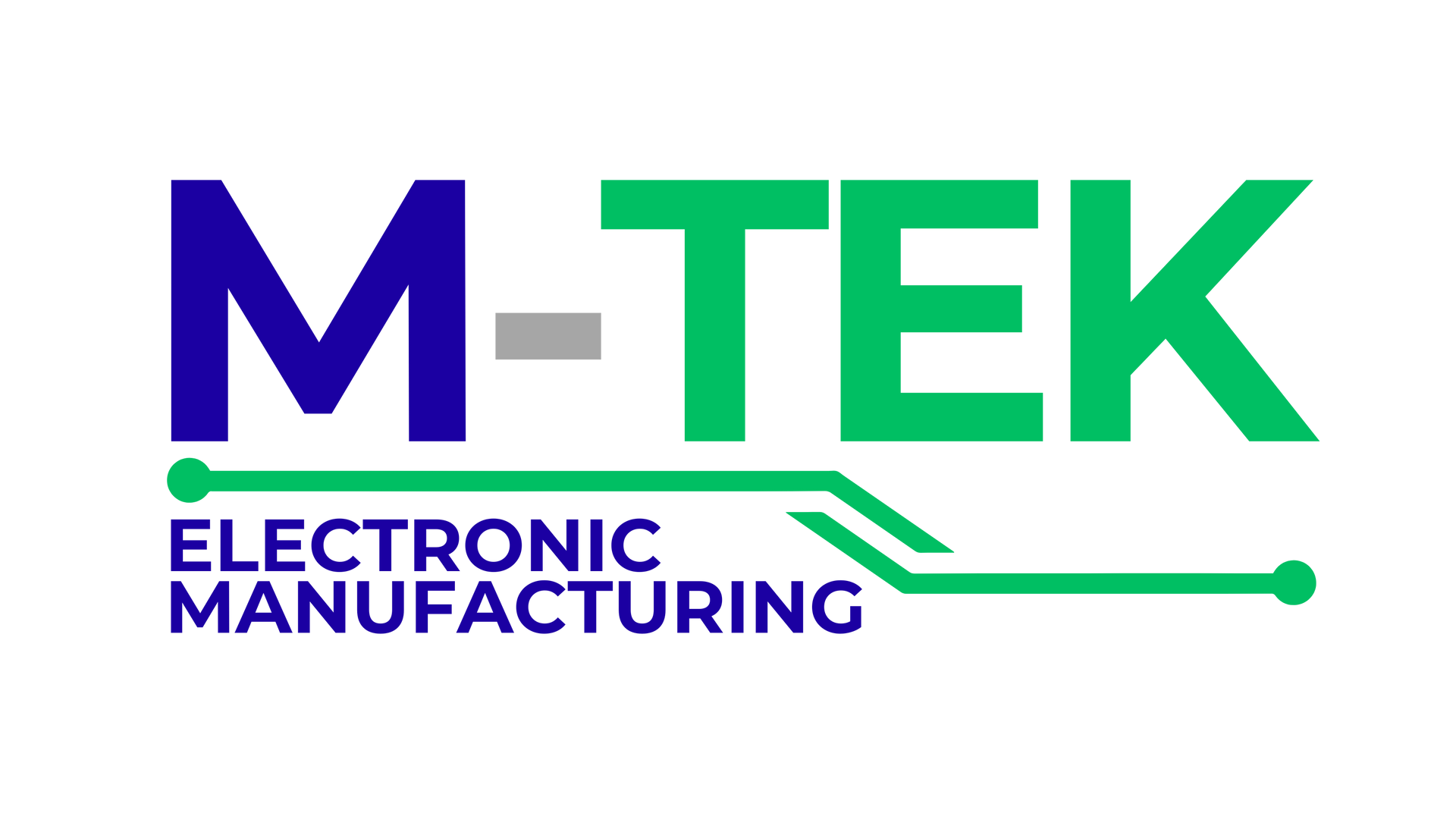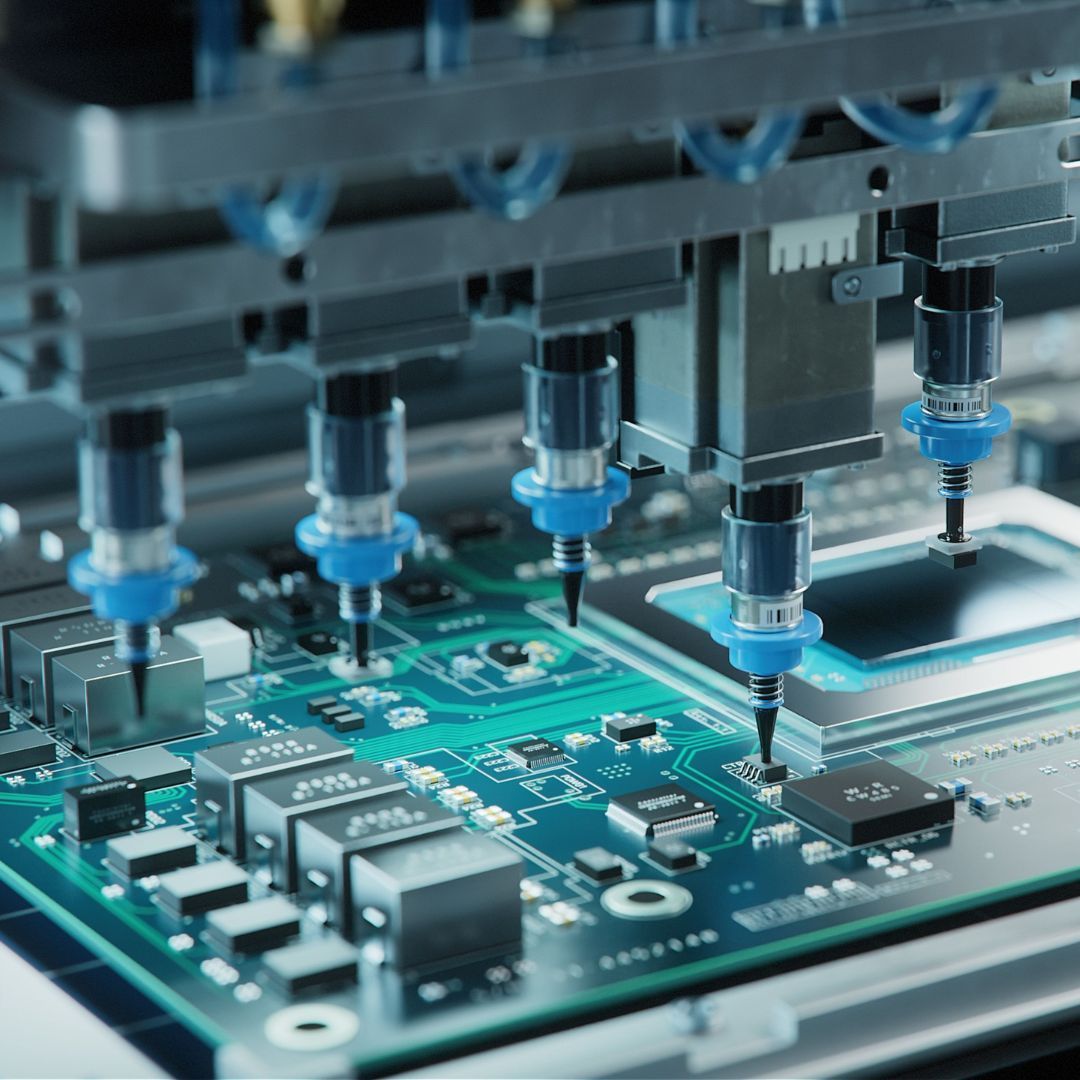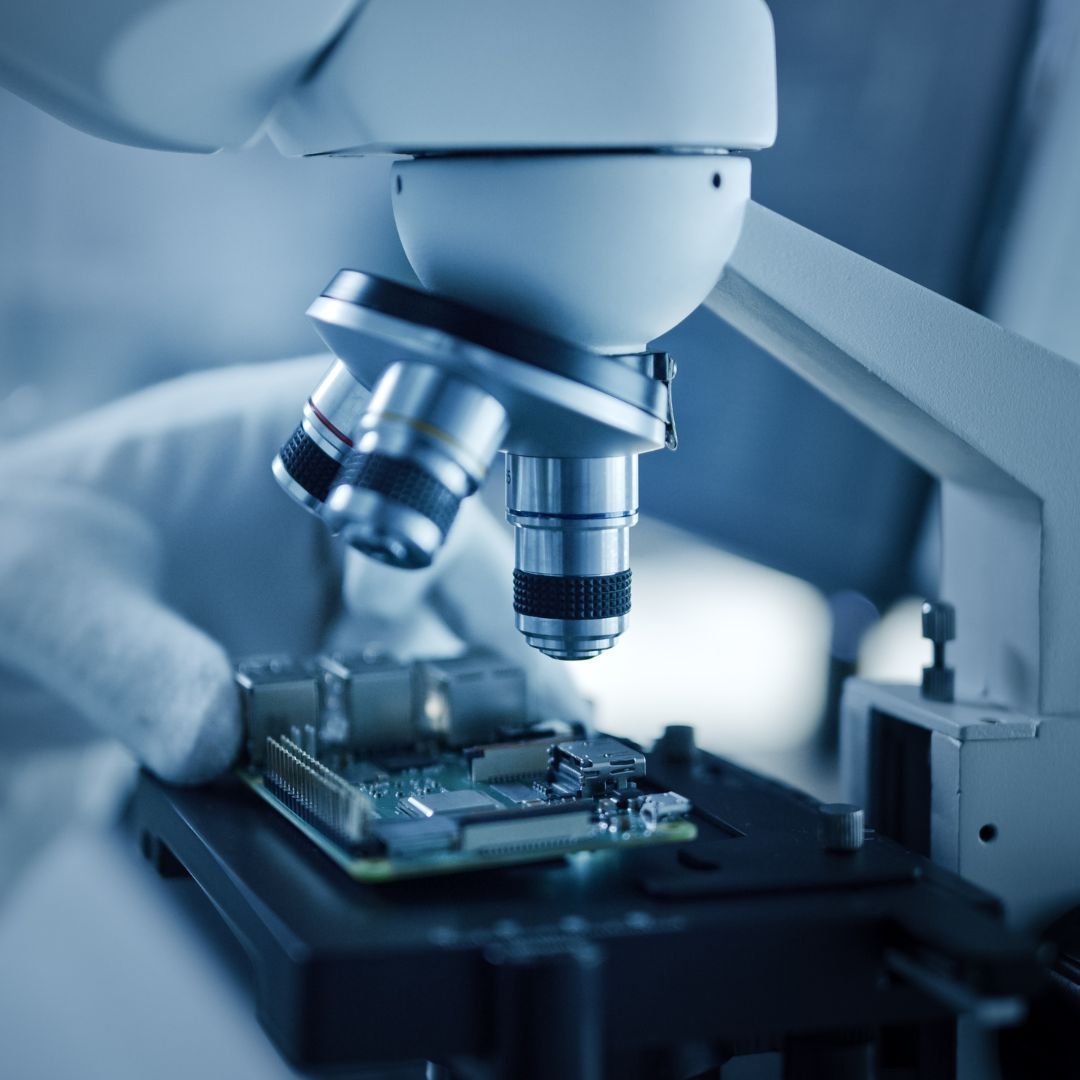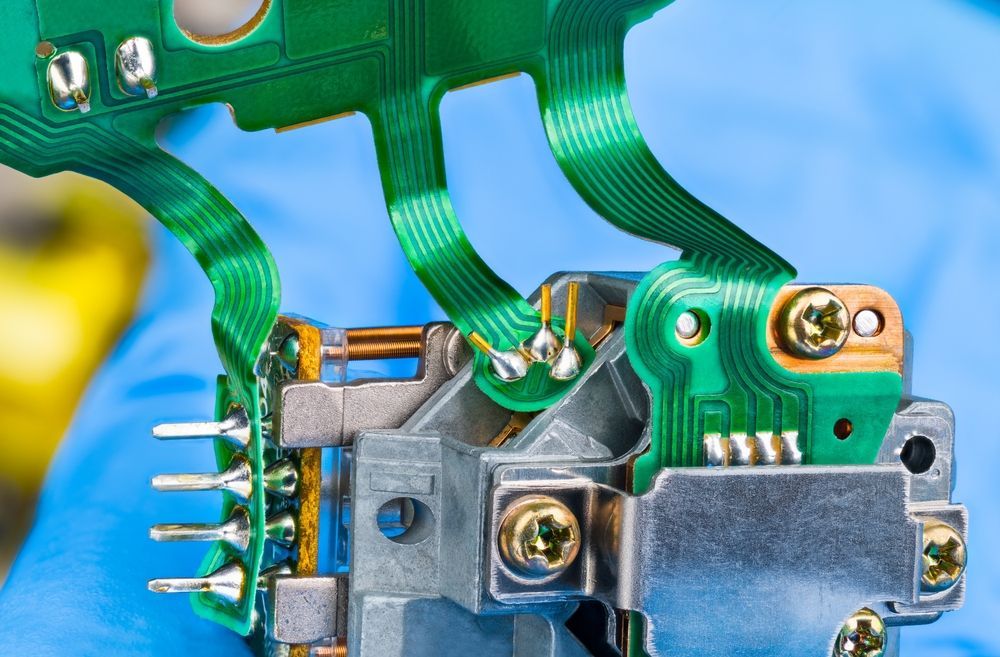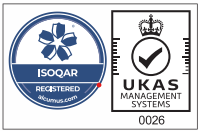What Kinds of Medical Devices Make Use of PCB Assembly?:
PCBs are profoundly important in medicine and healthcare. Diagnostic, treatment and research strategies have progressed toward automation as innovation has progressed into the future. The medical application of PCBs is growing as electronics become more effective and focused. This means that PCBs will have to do more work in the field of medical applications. PCB assembly is used in many medical devices, carry on reading to find out more.
Medical Imaging/Diagnostic Devices
Medical imaging and diagnostic equipment are critical components of modern healthcare provision. PCBs are found in a wide range of medical imaging and healthcare equipment, including:
- Ultrasound equipment
- MRIs (Magnetic Resonance Imaging)
- CT (Computerised Axial Tomography) Scans
Physicians and healthcare providers depend on the information provided by these highly developed imaging techniques to guide their treatments in the future.
Monitoring Devices
PCB technology is also used in healthcare monitoring devices Medical PCBs are used in the following devices:
- Bodily temperature monitors
- Blood pressure monitors
- Blood glucose monitors
PCBs are used in a variety of monitoring devices. Here are some additional examples: Medical PCBs that are used include:
- Heart rate monitors
- X-ray computed tomography
- EMG activity monitoring systems
- Nerve Stimulator Unit
- Pacemakers for the heart
- Electrical muscle stimulation apparatus
- Flow rate and dispensing systems
PCBs used in medical devices are specially designed for medical instrumentation, as well as to meet a wide range of laboratory and hospital environments, as well as test cases.
Implantable Medical Devices
The PCB is a complex component of a medical implantable device. Due to the fragile nature of the implant and what it is meant to accomplish for the patient, there is no static requirement by which all PCBs must abide. Implantable medical devices include the following:
- A Responsive Neurostimulator (RNS) is a brain-implanted device used to treat epilepsy. People with epilepsy who do not react well to seizure medication often resort to RNS as a last resort. This device constantly monitors brain activity. It will produce an electric shock whenever it detects abnormal brain activity.
- Implanted defibrillators help shield people who are predisposed to cardiac issues from sudden trauma.
- Cochlear implants enable the deaf to process noises and hear. Some for the very first time in their lives.
Typically, the client provides specifications to the PCB maker based on the needs of the patient and also the unique application of the implant. To learn more about the importance of PCB assembly in the medical sector and in medical devices, read our previous article.
Producing Your Medical Equipment
Outsourcing your electronic assembly needs is a critical business decision. M-Tek Assembly Ltd will provide you with not only the best customer service and solutions tailored to your specific needs but also the industry experience you deserve.
By choosing M-Tek Assembly Ltd for your medical equipment PCB assembly, you will also be assisting in the preservation of the environment. We have achieved a net-zero carbon footprint by using electric vehicles, and for every circuit board we build, we plant a tree! Contact one of our SMT and PCB assembly experts today for assistance. Call us at 01189 455377 or follow us on Twitter to stay up to date on our services.
